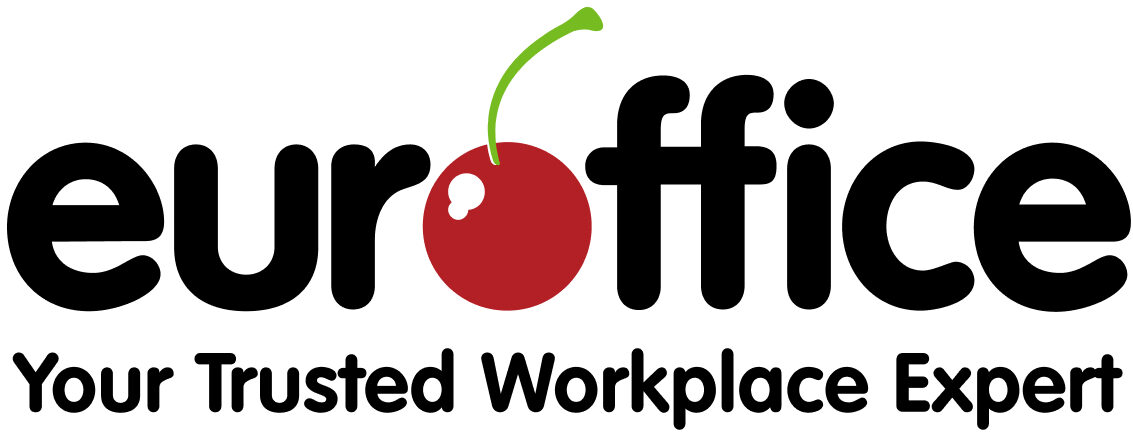How to be canny with cost-efficient office supplies
Businesses are looking at ways in which they can trim some spending from their budgets and plan their purchases a little more carefully. Here are some tips to help you be more cost-efficient about what you include in your office supplies orders.
Identify your basic needs
First, focus on those items that are essential. A good starting point is to ask yourself what office supplies a new employee would need. If someone turned up for their first day, what items would they require? (We’re only looking at office supplies, not office equipment in this case. Think of it as the difference between printer paper and the printer itself.)
Pen
Pencil
A5 notepad
A4 notebook
Highlighter
Ring binder
Lever arch file
Box file
You might think this is a little thin compared to the variety of office supplies that you have in your own desk. But, if you’re anything like me, the contents of one’s desk drawer aren’t necessarily essential – they’ve been gathered over time.
Somehow, we turn into office squirrels, raiding store cupboards for extra pens or Sellotape, some refill pads and a hole punch. Holding on to things just in case of a lean winter.
Once you’ve identified the basics, now your job is to figure out what else to buy – and how these things justify their place in the office and in your budget.
Different roles need different office supplies
Imagine an action movie with a group of underdogs stealing money from an evil crime lord, to give to the poor and needy. Our heroes are a safecracker, a getaway driver and a hacker. Each one has an exciting scene where they use the tools of their trade to get the better of the big boss.
The hacker bypasses biometric security and the safecracker blows open the military-grade vault. The getaway driver outruns the boss’ goons, allowing our heroes to escape with bags of money for good causes.
But what if the script got mixed up, leaving the characters with each others’ equipment?
The movie would be over pretty quickly if the hacker had to deal with a puncture, the safecracker tried to bash the vault door in with a keyboard and the getaway driver, lumbered with the safecracker’s explosives, blew off the doors of their van.
Offices are not, generally, as exciting as action movies. But they are full of teams and experts that need specific equipment. Efficiency is realising that one size does not fit all.
Let’s say there’s a business that employs a lot of designers. They may need fine pens and coloured markers for sketching and prototyping. Whoever is buying the stationery may have the designers at the forefront of their minds.
But what about everyone else? What office supplies are needed in accounting, for example? Designers make the company look good, but it’s the accounting team keeping it chugging.
Speak to them about their needs. Maybe they want office supplies and stationery in the form of notebooks with cash columns, petty cash files or custom forms for accounting software.
Give people the right tools for the job and everything will run much more smoothly. You will also cut down on buying extra items you don’t need.
Do a stationery sweep
When putting in a new regime for buying office supplies, use this as an opportunity for staff to do some housekeeping. Have them sweep through the items they already have and take stock of what’s actually being used.
For example, as businesses work remotely and with cloud computing services, they are probably printing less. If they are printing less, they are likely using less staples and paper clips to keep documents together.
It’s precisely these small, almost incidental, purchases that may be overlooked. The little things that gather dust at the back of a desk drawer, but keep being bought. Perhaps they’ve always been on the order list for your regular top-up of office supplies. Do they need to be?
Help stock people’s home offices
Many more people are working from home full time, or on flexitime. Business owners need to start thinking about home offices as extensions of the regular office. This doesn’t mean texting people outside office hours, but it does mean making sure staff have everything they need to get the job done.
It’s going to be more cost-efficient for a business to buy supplies to give to their employees, than it is for an employee to try to source their own. They may end up paying a premium and that premium is charged back to expenses.
Ask your staff what they need to work from home. Perhaps they can collect items on the days they do come into the office. Maybe there are ways to sort out deliveries directly to their homes. We have an easy solution at Euroffice and offer a way you can set up multiple delivery addresses on your account, speak to one of our Friendly Experts to find out more.
Apart from cost, consistency and quality is important. When you buy the same products repeatedly from a trusted supplier, you know what you’re getting. There aren’t any surprises, and you can rely on the quality of the goods you receive.
Imagine there’s a big meeting in the office where you’re pitching to a prospective client.
Someone thoughtfully prints their presentation at home to slip into a display book, but back at work you see that their materials are not as good.
Do you rush to get everything re-done at work or do you hope the client doesn’t notice, risking your firm looking a little unprofessional?
While we’re on the subject of working from home, one oft-overlooked subject is security.
If someone regularly has to go home with confidential documents, make sure you give them a way to keep those papers safe and secure. Perhaps that’s a security safe or a fireproof filing cabinet – but they must have some means of keeping them secure.
Oversight of office supplies
If your office supplies and stationery are all in one place, staff can easily keep track of them. When somebody comes along and takes a ream of printer paper away, they’ll see the stock level going down in real time.
You could also have a dry-wipe noticeboard where people can make a note of when they take something and even which department took it. (Have different coloured markers for each department and one has its own column.)
This way, whoever buys the stationery can wander past at the end of the day and easily see what the situation is. The noticeboard can also be used to leave requests for stationery, meaning the buyer doesn’t have to deal with people sending individual emails asking for things.
Remember, this is all about efficiency. Sometimes it’s better to write on a noticeboard than to clutter an inbox.
As with any change in how a business does things, being canny when you purchase office stationery will take a bit of effort. But it will be worth it in the end. Everyone will feel like they are being listened to and their needs are being taken care of. You’ll be the fittest squirrels in the office forest.
To save even more, check out our Everyday Value Shop which has all your office essentials at everyday low prices.



